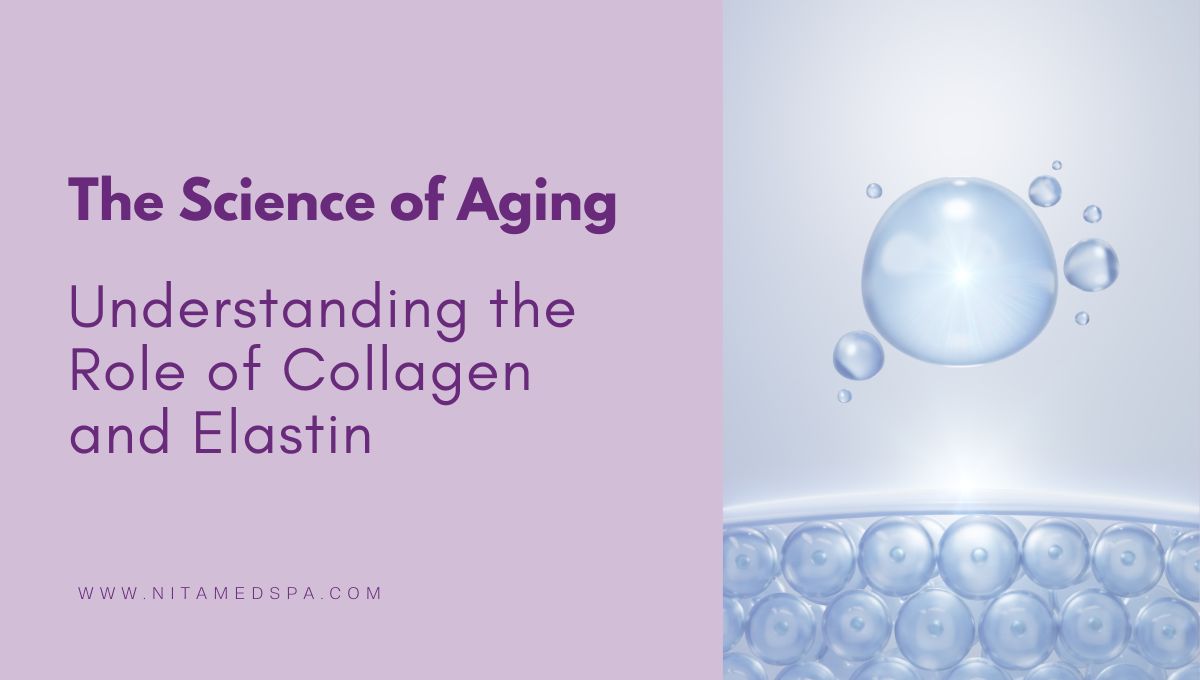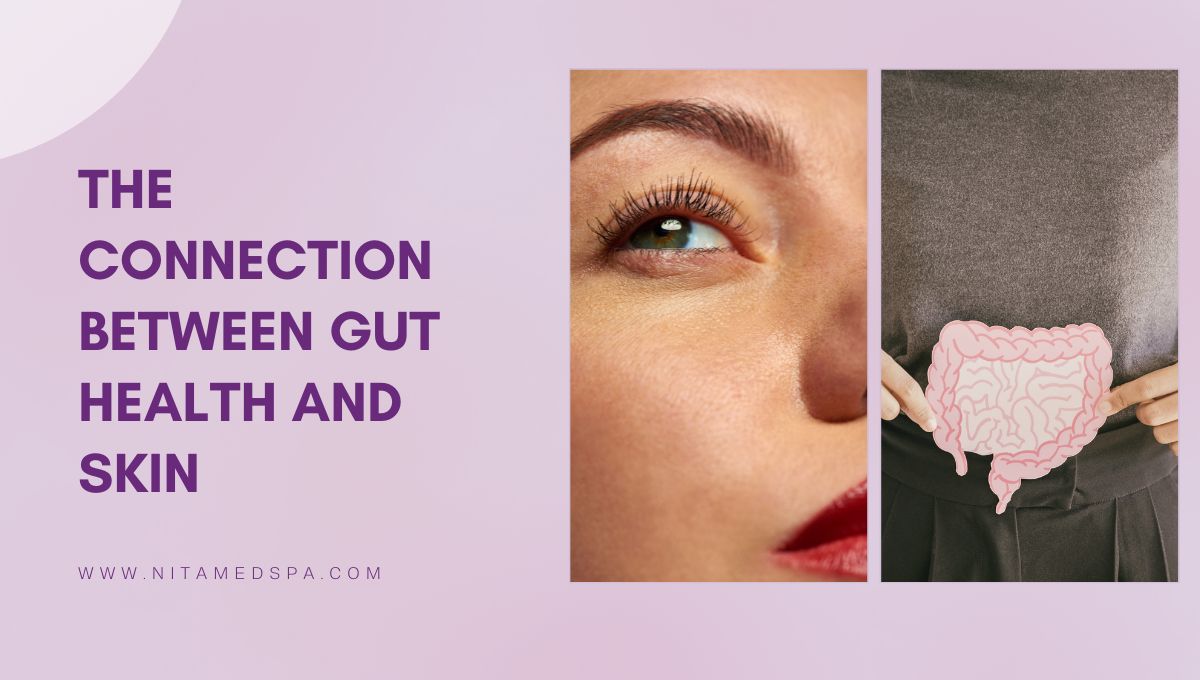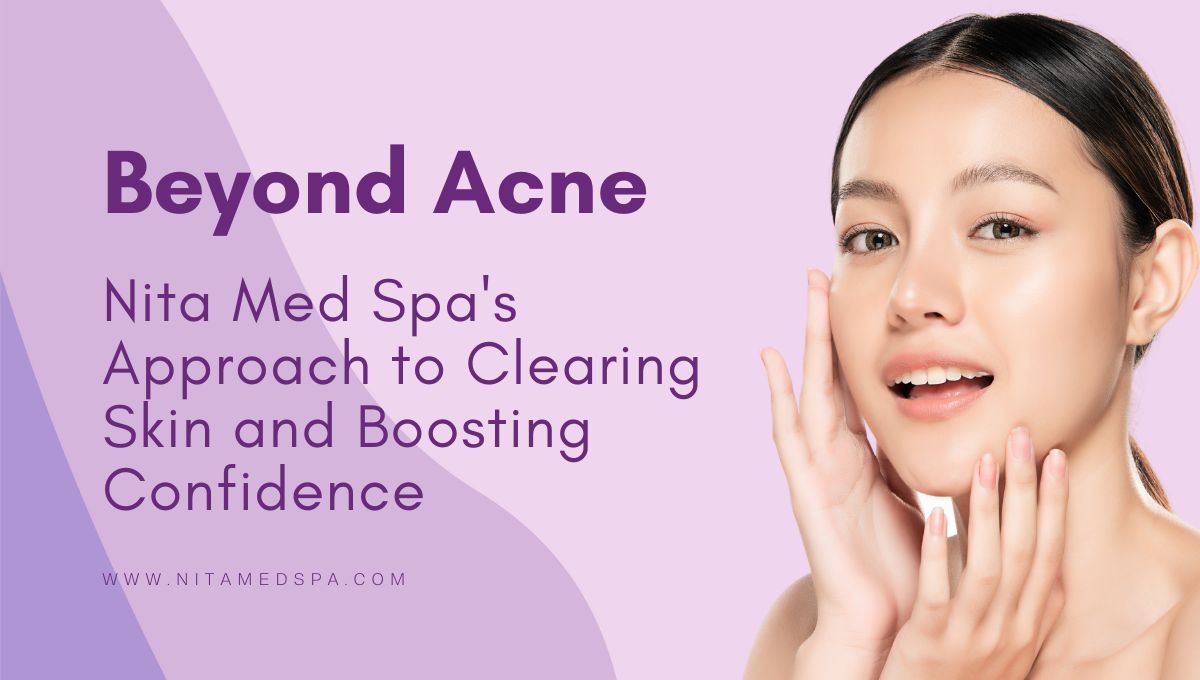As we age, our skin undergoes various changes, including the loss of elasticity and the formation of wrinkles. These signs of aging can be attributed to the gradual decline of two essential proteins in the skin: collagen and elastin. In this article, we will delve into the science behind aging and explore the crucial roles that collagen and elastin play in maintaining youthful and radiant skin.
Understanding Collagen:
Collagen is the most abundant protein in our bodies and is responsible for providing structure and support to our skin. It acts as a scaffold, giving our skin strength and elasticity. Unfortunately, as we age, the production of collagen decreases, leading to sagging skin, fine lines, and wrinkles.
The Role of Elastin:
Elastin, as the name suggests, is responsible for the elasticity of our skin. It allows our skin to stretch and bounce back to its original shape. Elastin works in harmony with collagen to give our skin its youthful appearance. However, like collagen, elastin production declines with age, resulting in a loss of elasticity and the formation of wrinkles.
Factors that Influence Collagen and Elastin Production:
Several factors contribute to the decline of collagen and elastin in the skin. These include:
1. Aging:
As we age, the natural production of collagen and elastin slows down. This is a natural part of the aging process and cannot be completely prevented. However, there are ways to support collagen and elastin production through lifestyle choices and skincare routines.
2. Sun Exposure:
Excessive sun exposure is one of the primary causes of premature aging. The sun’s harmful UV rays break down collagen and elastin fibers, accelerating the aging process. Protecting your skin from the sun with SPF and seeking shade during peak hours can help minimize collagen and elastin damage.
3. Lifestyle Factors:
Unhealthy lifestyle habits such as smoking, poor nutrition, and lack of sleep can contribute to the breakdown of collagen and elastin. Maintaining a balanced diet, getting enough rest, and avoiding harmful habits can support the production of these proteins.
Preserving Collagen and Elastin:
While we can’t stop the natural aging process, there are steps we can take to preserve and support collagen and elastin production:
1. Skincare Routine:
Investing in a skincare routine that includes products with ingredients like retinol, peptides, and antioxidants can help stimulate collagen and elastin production. These ingredients work to promote cell turnover, increase collagen synthesis, and protect the skin from environmental damage.
2. Sun Protection:
Wearing sunscreen with a broad-spectrum SPF every day, regardless of the weather, is crucial for protecting collagen and elastin fibers from UV damage. Look for a sunscreen that offers both UVA and UVB protection and reapply it every two hours when exposed to the sun.
3. Healthy Lifestyle:
Maintaining a healthy lifestyle by eating a balanced diet rich in fruits, vegetables, and lean proteins can provide the necessary nutrients for collagen and elastin production. Additionally, staying hydrated, getting enough sleep, and managing stress levels can also support healthy skin.
Understanding the science behind aging helps us appreciate the vital roles of collagen and elastin in maintaining youthful skin. While the natural decline of these proteins is inevitable, adopting a proactive approach to skincare and lifestyle choices can help slow down the aging process and preserve the health and vitality of our skin. At Nita Med Spa, our experienced skincare specialists can provide personalized recommendations and treatments to support collagen and elastin production, ensuring your skin looks and feels its best at any age.













